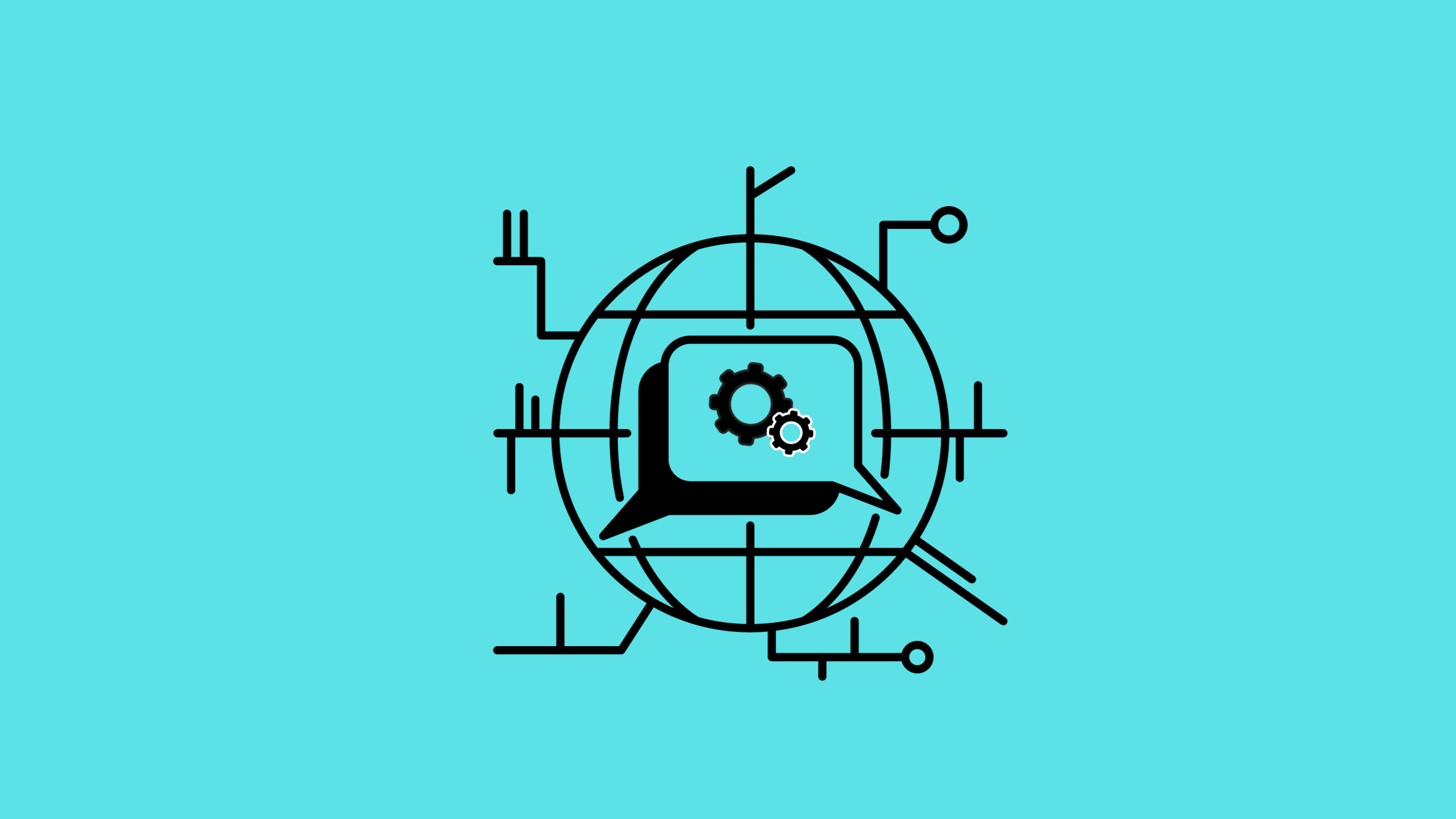Surviving the system design interview

If there is one thing that I showed the most improvement on is system design interviews. As you apply for roles, chances are you will have a system-design interview at some point during the interview process. System design interviews use real-world applications to test your experience in designing systems.
Here are some of the key points and objectives of system design interviews:
Problem-Solving Skills: System design interviews evaluate a candidate's ability to break down complex problems into smaller, manageable components. This is a critical skill because real-world systems are complex, and engineers need to design scalable, efficient, and maintainable solutions.
Evaluate Architectural and Domain Knowledge: They help assess a candidate's understanding of various architectural concepts, including database design, system scalability, fault tolerance, and performance optimization. This knowledge is crucial for designing robust and efficient systems.
In some cases, system design interviews may assess a candidate's domain-specific knowledge. For example, if you're interviewing for a role at top tech companies you might be asked to design a social media.
Communication Skills: System design interviews often involve a discussion between the candidate and the interviewer. This tests the candidate's ability to communicate their thought process, make trade-offs, and defend their design choices, which is important in a collaborative work environment.
Identify Problem-Solving Approach: They reveal a candidate's problem-solving approach. Interviewers look for a systematic and logical approach to design, starting from requirements gathering and progressing through architecture, data modeling, and implementation details.
Highlight Trade-offs and Bottlenecks: System design interviews often require candidates to make trade-offs between various system attributes, such as scalability, performance, cost, and simplicity. This demonstrates the candidate's ability to think critically and make informed decisions.
Cultural Fit: These interviews also help gauge how well a candidate fits into the company culture. Strong communication, collaboration, and problem-solving skills are often valued in technical roles. Even if you don't have extensive experience, you can demonstrate your potential to learn and adapt to new challenges.
How to prepare for a system design interviews
A good way to prepare for system design interviews is to practice system design interviews.
Another tactic is to watch and observe. There are YouTube channels that describe the system interview in detail. Other channels have mock system design interviews where you can get a feel for system design interviews. Don't forget to take notes!
Here are my favorite YouTube channels:
Tips
- Be Calm - It's fine to be nervous. Take a deep breath and remember to do your best.
- Ask questions - Communicate with the interviewer. It should not be one-sided.
- Don't Rush - Take your time in the system design interview.
- Keep it simple - Don't over complicate your solution.
I struggled in the beginning with system design interviews and study over time to get better at them. I finally feel comfortable with system design interviews. In system design interviews, there is not a one-size-fits-all answer. Be confident during the system design interview. With practice, you will succeed!
Resources




